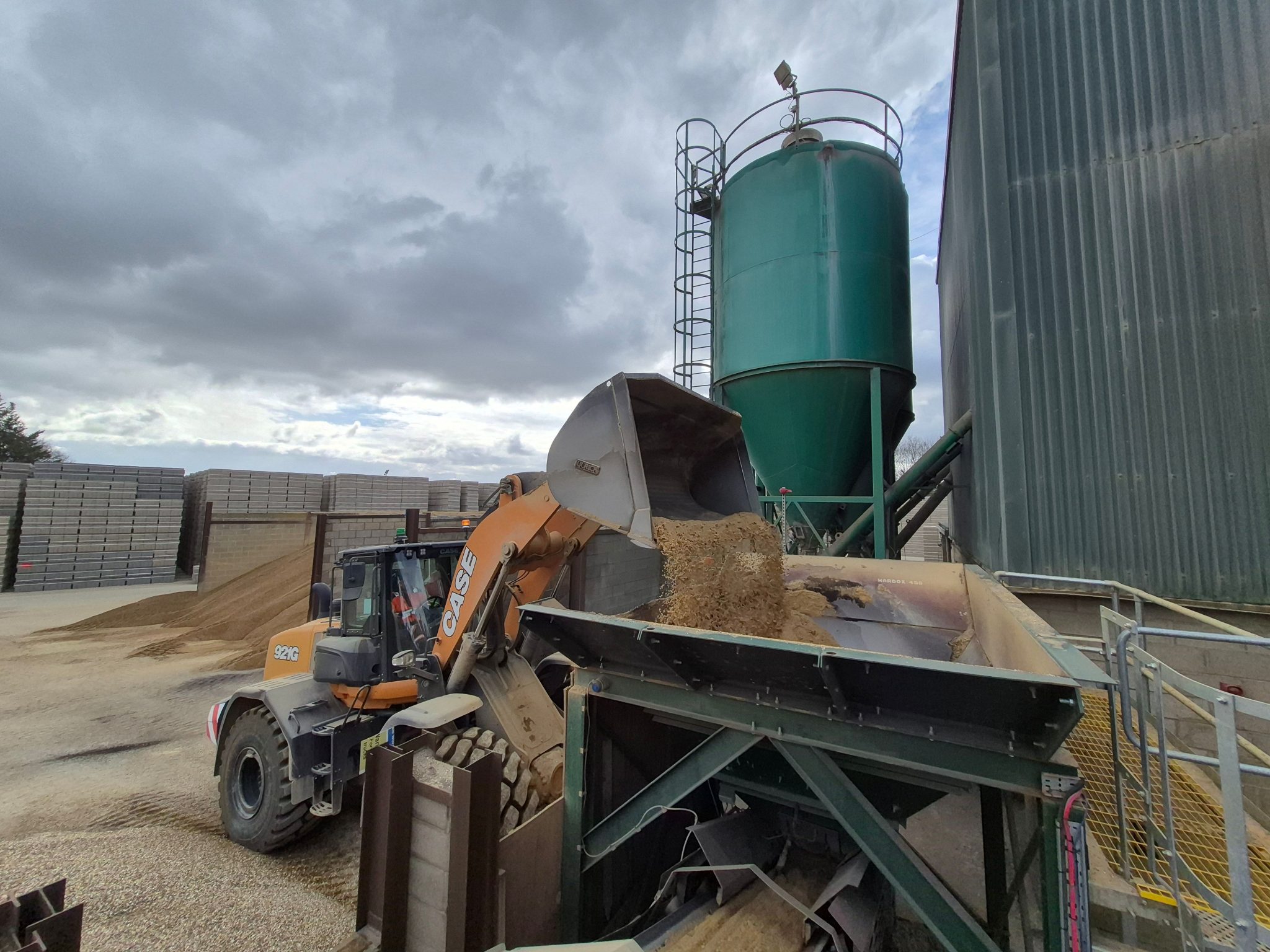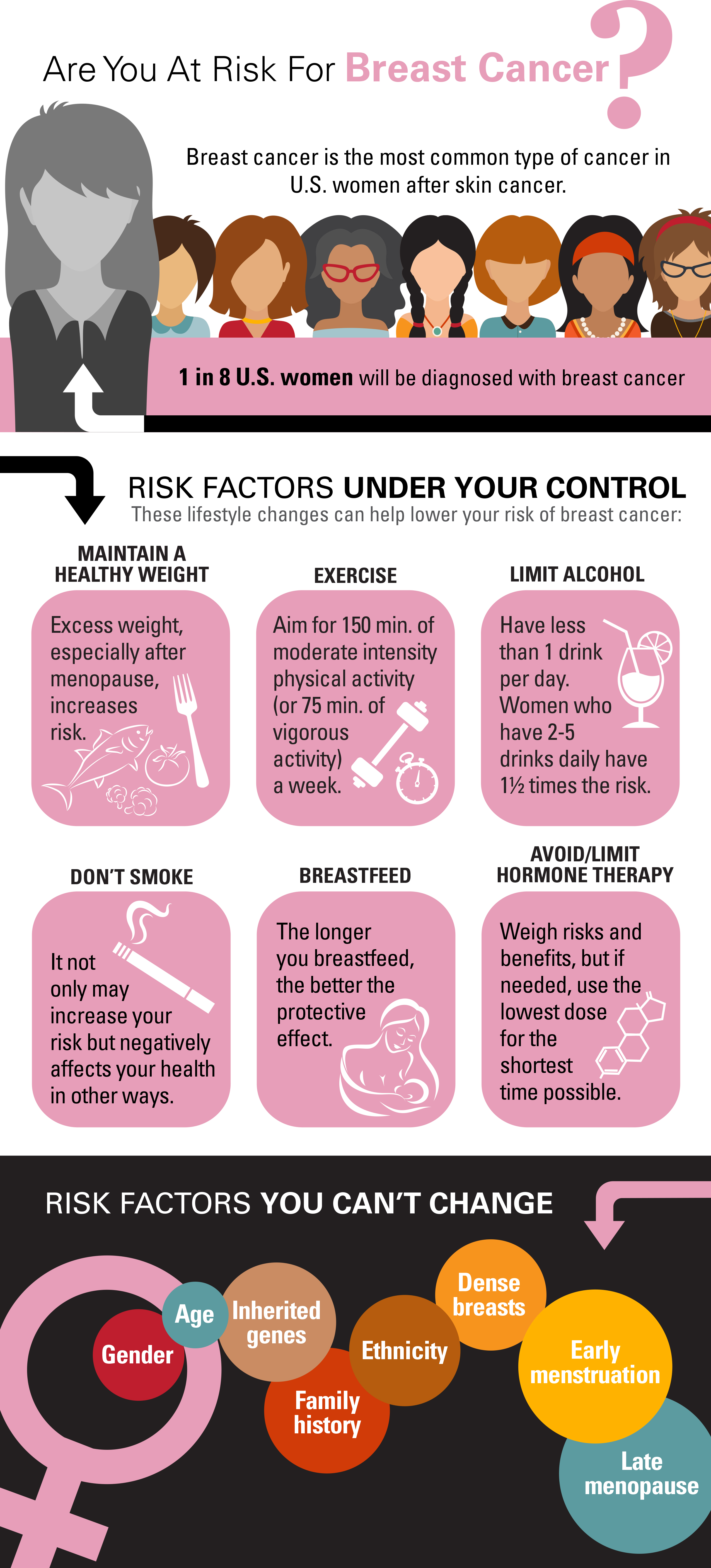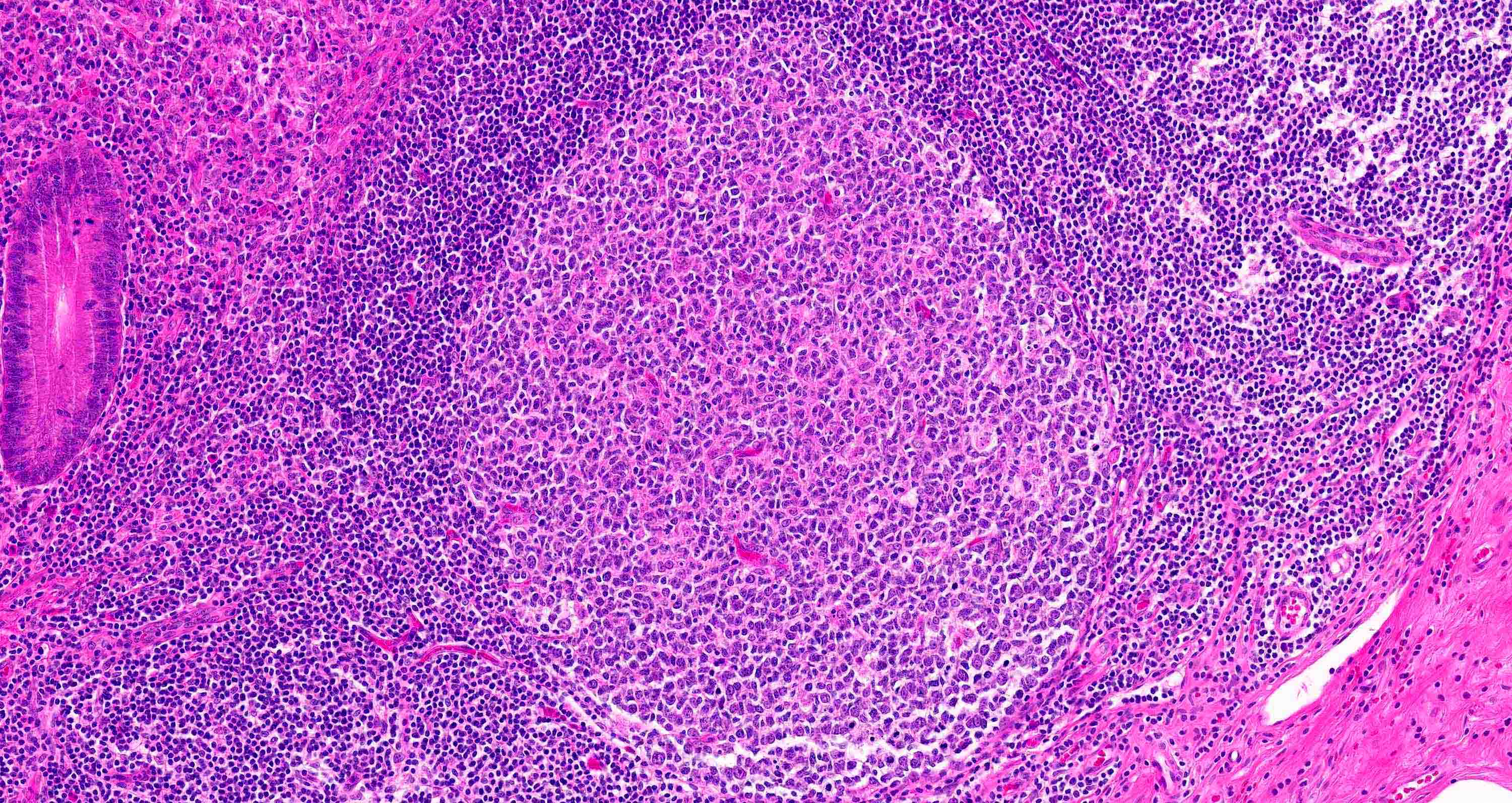Lymphoid organs and tissues produce, store, and transport white blood cells to fight infection. Lymphoid tissue represents a sophisticated network within the body, acting as a defense system against various threats. Primary lymphoid organs (or central lymphoid organs) - sites where lymphocytes mature and become immunocompetent - b cells in bone marrow and t cells in the thymus. This mucus membrane exists throughout your body in … It also keeps red blood cells and platelets available in case your body needs them. The lymphatic system is a part of the circulatory system as well as a part … The histological structure of four different types of secondary lymphoid tissue; Learn more about this topic at kenhub! · lymphatic system is composed of lymphoid organs, lymph nodes, lymphatic vessels, and lymph. Lymph nodes filter pathogens and stimulate immune … Lymph nodes, tonsils, mucosa associated lymphoid tissue and the spleen, and how their structure is adapted … · the lymphoid system defends against infections, produces immune cells, and maintains fluid balance in tissues. The meaning of lymphoid is of, relating to, or being tissue (as of the lymph nodes or thymus) containing lymphocytes. It comprises specialized cells, tissues, and organs that work together … The fifth edition of the who classification of haematolymphoid tumours (who-hem5) introduces significant updates to the classification of acute lymphoblastic leukaemia, alal (including … Mucosa-associated lymphoid tissue (malt). · immune defense:
Lymphoid Aggregates: Everything You Need To Know About Cancer Risk
Lymphoid organs and tissues produce, store, and transport white blood cells to fight infection. Lymphoid tissue represents a sophisticated network within the body, acting as...









